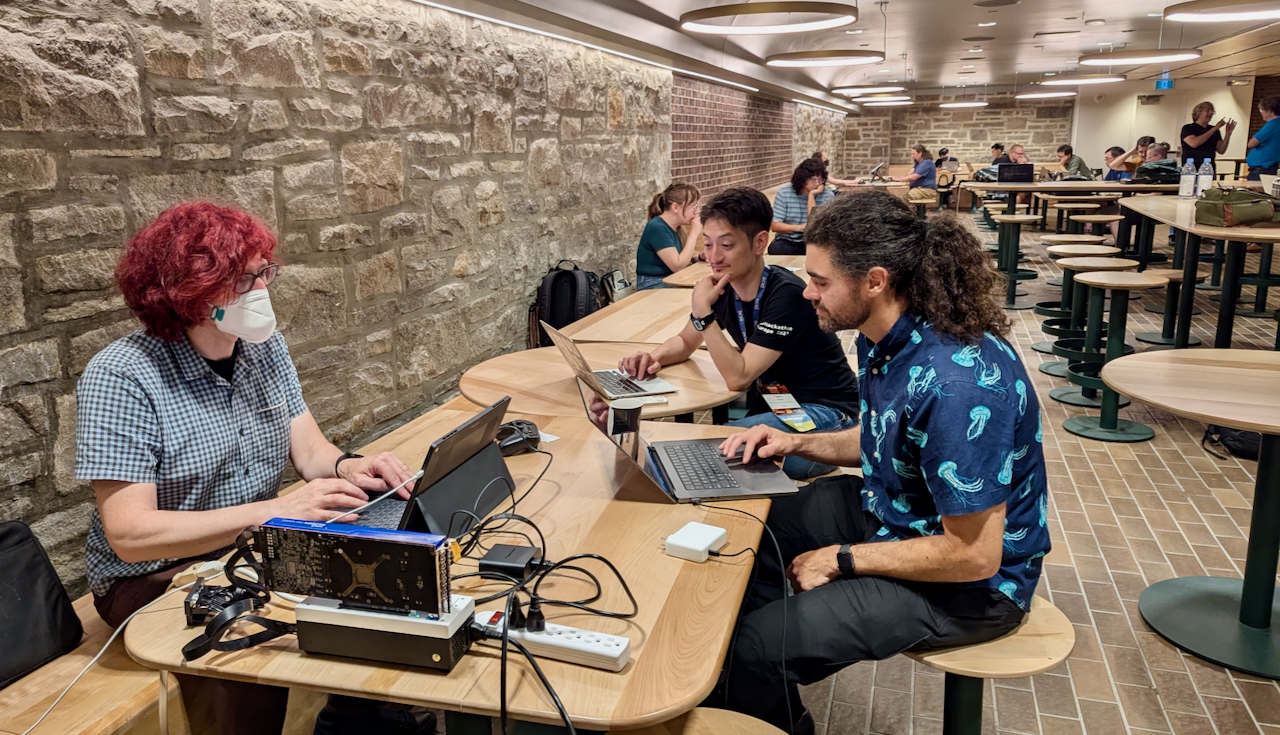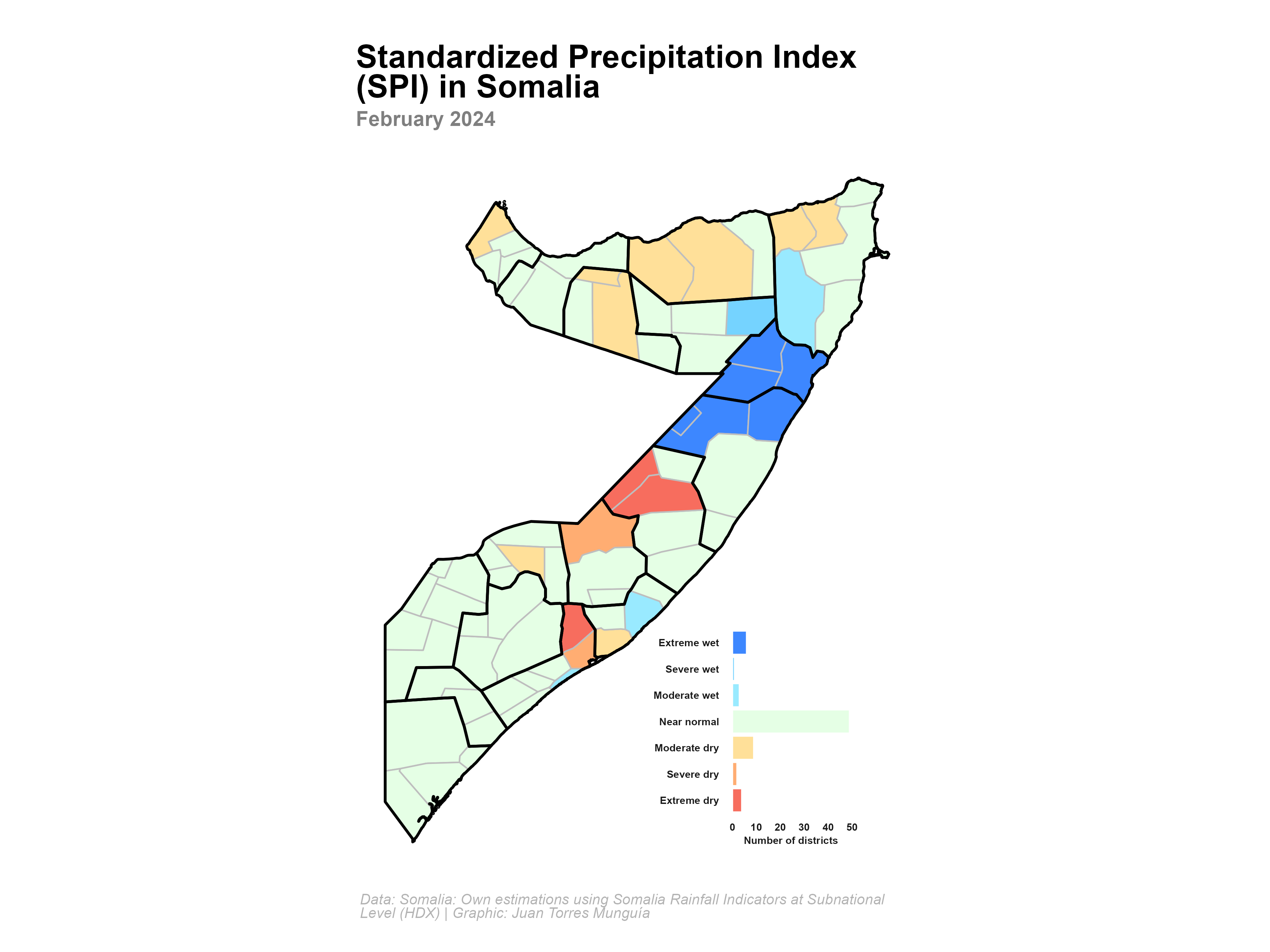
ISMB CollaborationFest 2025 will be a collaborative work event at which participants work together to contribute code, documentation, training materials, and challenging analysis problems and use cases. If you are interested in learning and contributing in an intensely collaborative environment, then CollaborationFest is for you. Bring your own project ideas or come ready to collaborate with others on their projects!




